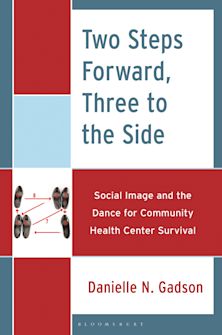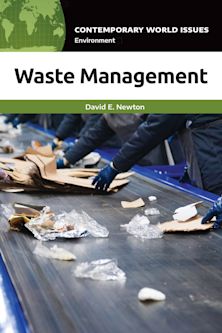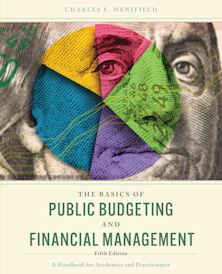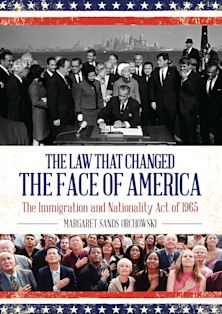- Home
- ACADEMIC
- Politics & International Relations
- Public Management, Administration and Policy
- Discourse of Reciprocity
This product is usually dispatched within 1 week
- Delivery and returns info
-
Free US delivery on orders $35 or over
You must sign in to add this item to your wishlist. Please sign in or create an account
Description
Discourse of Reciprocity reveals patterns of press behavior in the US-Canada alliance at points where the nature of the alliance itself was under stress. Drawing on journalism studies, discourse analysis, political communication, and international relations, the book explores examples of international policymaking in national security, agriculture, and energy issues. Drawing on coverage in The New York Times and The Globe and Mail, the book articulates concepts of news as providing positive symbolic presence, exhibiting forbearance, and exhibiting cooperation. This trio of press behaviors—evident in the structure of the news coverage itself—matches the definition of reciprocity used in fields such as international relations and game theory.
The book gives equal consideration to the coverage in The New York Times and The Globe and Mail, articulating country-specific examples of how press coverage enacts reciprocity. Five cases cover the period from 1980 to the present, including the Keystone pipeline proposal and the discovery of mad cow disease in North America. The cases include Liberal and Conservative governments in Canada and Republican and Democratic administrations in the United States. This binational study sheds light on an understudied dynamic contributing to the reciprocity that sustains the alliance.
The book adds to the relatively limited literature on news coverage of alliances. The book also illustrates how to implement discourse analysis in news framing research in a much more extensive way than previous political communication or international relations literature.
Table of Contents
Chapter One -- Introduction
Chapter Two -- Methodology, Context and Cases
Chapter Three -- Expectation of Cooperation
Chapter Four -- Positive Symbolic Presence
Chapter Five – Forbearance
Chapter Six -- Applying the Framework to the Keystone Pipeline Case
Chapter Seven -- Conclusion
Data Bibliography
Reference Bibliography
About the Author
Product details
| Published | Jul 25 2019 |
|---|---|
| Format | Hardback |
| Edition | 1st |
| Extent | 172 |
| ISBN | 9781683932185 |
| Imprint | Fairleigh Dickinson University Press |
| Illustrations | 3 Tables |
| Dimensions | 9 x 6 inches |
| Series | The Fairleigh Dickinson University Press Series in Communication Studies |
| Publisher | Bloomsbury Publishing |
About the contributors
Reviews
-
Dunsmore (Fairleigh Dickinson Univ.) examines two elite presses—the New York Times and Canada's Globe and Mail—and their behavior in covering the alliance between the US and Canada in five cases: Canada's National Energy Program, Pierre Trudeau's peace initiative, US border policy after 9/11, the US ban on beef following the discovery of mad cow disease in Canada, and the Keystone Pipeline. Reviewing coverage of the two papers, Dunsmore puts forth concepts of news as providing positive symbolic presence, exhibiting forbearance, and embracing cooperation—behaviors that are consistent with the definition of reciprocity that is used in international relations and game theory. Looking at how the elite presses covered the issues, and at the liberal and conservative governments in Canada and Republican and Democratic administrations in the US, the author asserts that the coverage of these five cases tended to support the reciprocity of the alliance between the two nation-states. Rather than emphasizing conflict, the coverage minimized the differences between the two countries. Press coverage bestowed legitimacy on the leaders of the other nation, ignored or soft-pedaled serious policy differences, and emphasized cooperation. This aspect of the US-Canada relationship has, until now, been overlooked, so Dunsmore's study is welcome.
Summing Up: Recommended. Graduate students, researchers, faculty, professionals.Choice Reviews


































